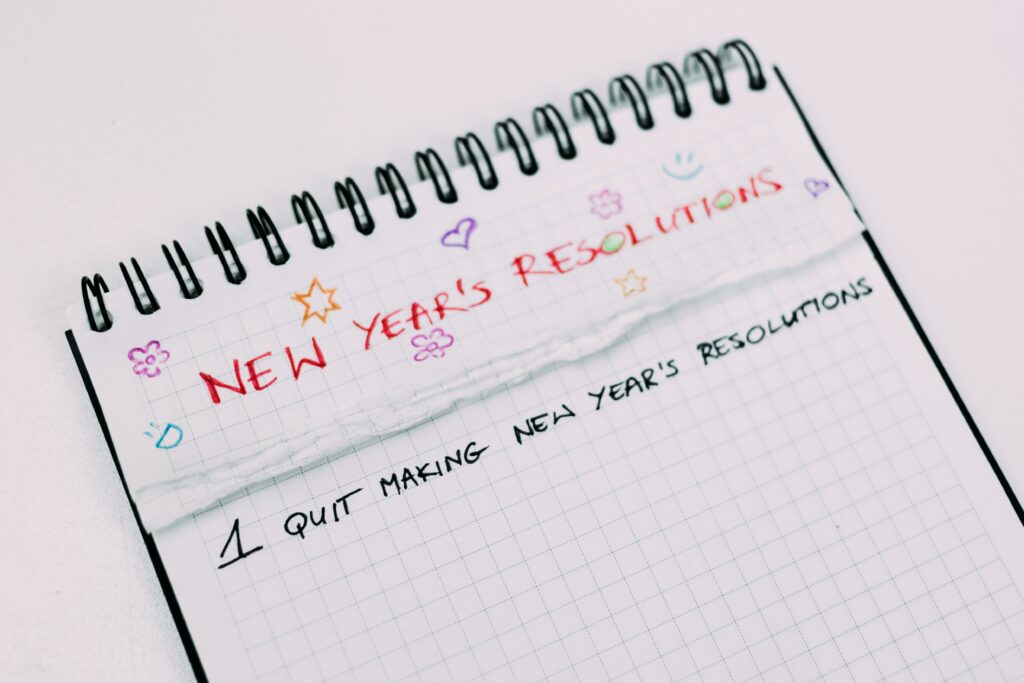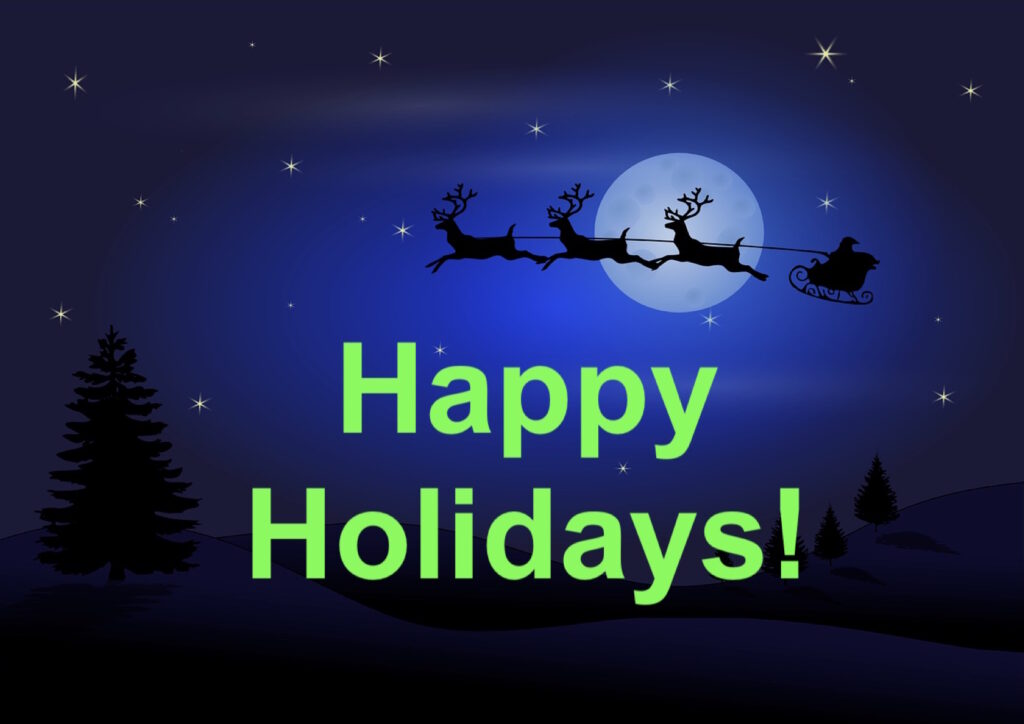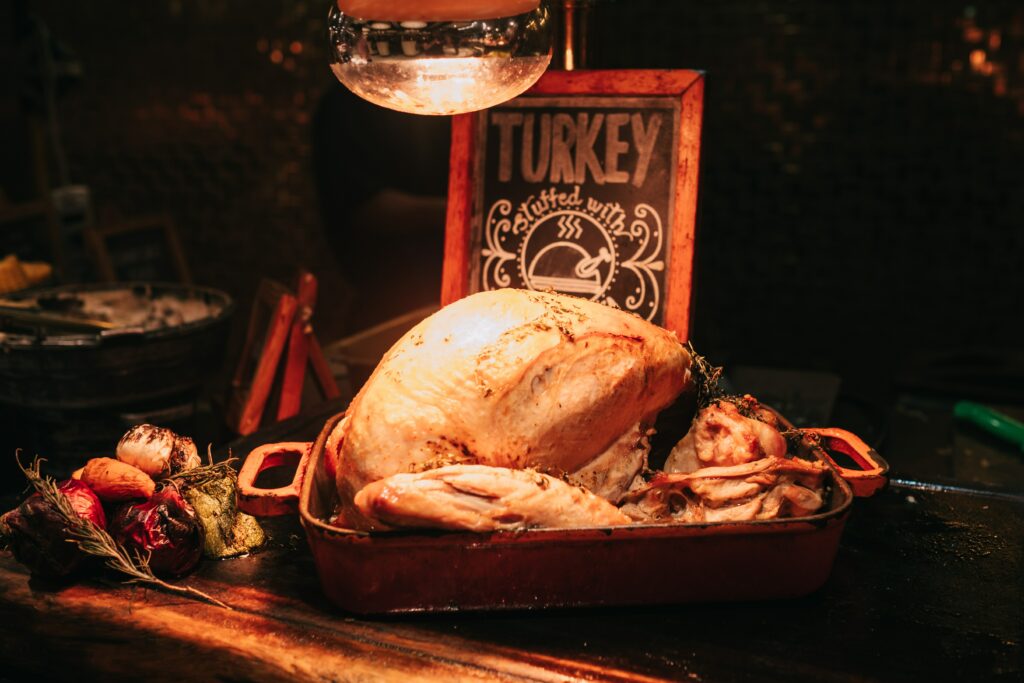 “Gotcha” is an informal way in English of pronouncing the words “got” and “you” together.
“Gotcha” is an informal way in English of pronouncing the words “got” and “you” together.
But what does it mean when we say “Got you!” or “Gotcha!”? And what does it have to do with CAPTCHA?
GOTCHA
We say “Gotcha!” in a couple of different situations.
If you are chasing (trying to catch) someone who is running away from you, and then you reach the person, you could say “Gotcha!”
You might say this to your young son or daughter, for example. When the police catch a criminal, they could also say “Gotcha!”
And if your child is a criminal, both you and the police can say “Gotcha!”
“Gotcha” can also be used when someone is lying or hiding something from us or doing something wrong. It can mean, “Now I know the truth!” or “I caught you (discovered your secret)!” For example:
“I saw you taking cookies from the cookie jar (where you store or put cookies). Gotcha!”
Sometimes “gotcha” can just mean “I understand you.” For example:
“I won’t be back until Thursday.”
“Okay, gotcha!”
CAPTCHA
CAPTCHA is not a normal word in English, but is an acronym.
An acronym consists of (is made up of) the first letter of some phrase or expression, but is pronounced as a word.
For example, “NATO” is an acronym for the North Atlantic Treaty Organization. “NASA” is an acronym for the National Aeronautics and Space Administration.
CAPTCHA is what we call those “tests” that some websites make you do to make sure you’re not a computer, that you are a real person. Usually CAPTCHAs require that you click a box or type some letters.
CAPTCHA stands for (means):
C – Completely
A – Automated
P – Public
T – Turing test to tell
C – Computers and
H – Humans
A – Apart
To be “completely automated” means that something happens because it is programmed into a computer or a website. Every time you land on (go to) that page on the website, the CAPTCHA will appear.
“Public” just means everyone can see it.
The “Turing test” is the most important part of the acronym. Alan Turing was one of the first experts in modern computing, a brilliant British mathematician.
A “Turing test” is any test that measures the “intelligence” of a computer. The idea of the Turing test is that you can tell the difference between a human and a computer by giving a test only a human can pass (get correct).
Of course, some people think that someday computers will become so sophisticated that you won’t be able to “tell them apart.”
To tell (someone/something) apart means to be able to distinguish or see the difference between two people or things.
Computers and Humans are what can take a Turing test. The Turing test should be able to tell computers and humans apart.
So that’s the entire acronym: Completely Automatic Public Turing test to tell Computers and Humans Apart.
Websites use CAPTCHAs to prevent automatic “bots” or computer programs from hacking into or damaging the website.
But what happens if you can’t pass a Turing test?
Well, then the website has “gotcha” – it has found out that you are, in fact, just a computer!
Jeff
P.S. Get two months free access to all 1800+ lessons when you sign up for a yearly membership. See here for more information: tv.eslpod.com
P.P.S. Like this short English lesson? Get a FREE sample lesson (no money needed) – SIGN UP BELOW!
Just fill out the form below and we’ll send a FREE lesson to try!
We hate spam, too! We will never sell, rent, or give your information to anyone – ever!
What Will I Learn in My Free Lesson?
Here is just a small part of what you’re going to learn in this free lesson:
- What “take a rain check” means and how to use it in a conversation . . .
- The difference between a “recluse” and a “busybody” . . .
- Why “to fend OFF” means something from “to fend FOR” . . .
- What it means to “take a rain check,” “keep to yourself,” and “to appoint (someone)” . . .
- What a social secretary is . . .
- The best way to use “to sort out” and “to turn down” . . .
- How to use phrasal verbs like “to settle in” and “to settle down” (they’re not the same!) . . .
And much, much more!
 Is this you?
Is this you? It’s New Year’s Eve and time to ring in the new year (welcome and celebrate the new year)!
It’s New Year’s Eve and time to ring in the new year (welcome and celebrate the new year)! On behalf of (From) everyone here at ESLPod.com, we want to wish you a Merry Christmas and a very happy holiday season!
On behalf of (From) everyone here at ESLPod.com, we want to wish you a Merry Christmas and a very happy holiday season!
 Thomas Edison was very smart guy.
Thomas Edison was very smart guy. It’s not snowing here in Los Angeles, but it’s pretty chilly (cold). It’s dipped down to (reached the low temperature of) 50 degrees (10 degrees Celsius)!
It’s not snowing here in Los Angeles, but it’s pretty chilly (cold). It’s dipped down to (reached the low temperature of) 50 degrees (10 degrees Celsius)! For many Americans, December is the month for running, so here’s a quick look at some of the ways we can use the verb “run” in English.
For many Americans, December is the month for running, so here’s a quick look at some of the ways we can use the verb “run” in English. In the fall of 1621, the Pilgrims, a group of mostly English citizens who were among the first to settle (move to and live) in what is now the northeastern U.S., held a three day celebration for a bountiful harvest.
In the fall of 1621, the Pilgrims, a group of mostly English citizens who were among the first to settle (move to and live) in what is now the northeastern U.S., held a three day celebration for a bountiful harvest. Because America is a relatively new country compared to many nations, many of the names we have for our cities and towns come from famous Americans in the past 200 years.
Because America is a relatively new country compared to many nations, many of the names we have for our cities and towns come from famous Americans in the past 200 years.